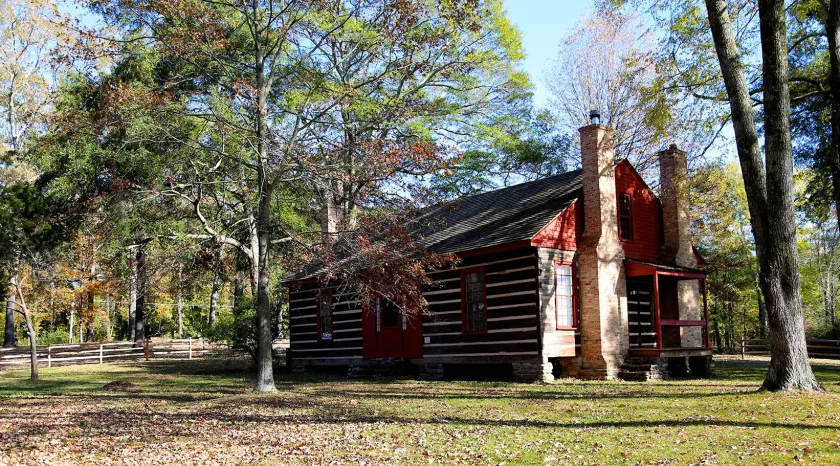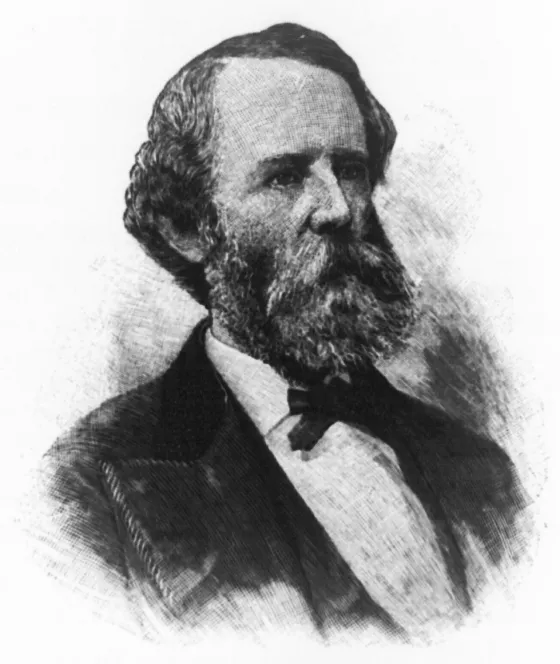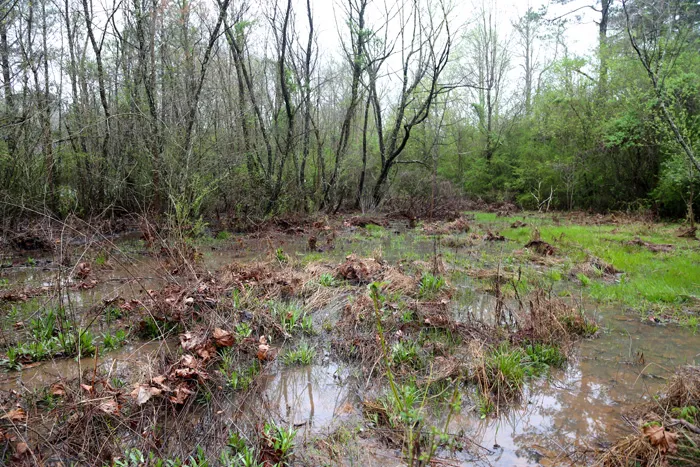Prelude to Kennesaw

Occupying his Kennesaw line in the night of June 18-19, Johnston deployed Hood's corps on the right, Loring’s in the center and Hardee’s on the left. However, concerned that the Federals were extending their right to turn Hardee’s flank, Johnston ordered Hood to march his corps to the left, extending the Confederate position beyond Hardee's. The movement took place on the night of June 21-22. Hood's route took him south through Marietta, then to the southwest via Powder Springs Road for another four miles. Maj. Gen. Thomas Hindman's division went into place on the left of Hardee's corps around 1:30 p.m. Maj. Gen. Carter Stevenson's division marched to Hindman's left astride the Powder Springs-Marietta Road. The Confederates started digging in along their new line. A.P. Stewart's division was held back in reserve.

Hood’s troops arrived just in time. Schofield's Union corps was probing southward, trying to find and turn the Confederate left. Two infantry regiments, the 14th Kentucky and 123rd New York, advanced up the Powder Springs Road and ran into the skirmish line sent out by Stevenson. The Federals charged, capturing some thirty Confederates, and pressed closer to Hood’s line before halting. Meanwhile the main body of Federal infantry had advanced to near the Peter V. Kolb farmhouse, Brig. Gen. Alpheus Williams' division (Hooker's corps) north of the Powder Springs Road and Schofield’s two divisions south of it. The Northerners dug in, expecting a Rebel attack.

Shortly after 5 p.m. Stevenson’s division led the attack, supported by Hindman's division to its right. The Confederates advanced into a withering storm of musketry and cannon fire. They did not get even close to the Union line before breaking off and seeking shelter to the rear. "It was a beautiful sight to see their columns shattered and fleeing in confusion," recorded Col James S. Robinson of Williams' division. Confederate casualties totaled some 1,000 killed, wounded and missing (807 in Stevenson’s division). The Northerners lost no more than 300 in their rather easy repulse.

Confederate Brig. Gen. Arthur Manigault termed Hood’s attack a "miserable failure." Since then, students have wondered why Hood ordered the attack which he did not announce to headquarters and for which he received no orders from Johnston. A charitable view would be that Hood misjudged the enemy position and believed that Stevenson and Hindman would be assailing the enemy in flan. In any case, Hood deserves criticism for not having studied the ground and assessed the tactical situation. Historian Early Hess, recent chronicler of the fighting at Kennesaw Mountain, logically concludes that "the worst part of Hood’s handling of the affair at Kolb's Farm was that he launched the attack with an appalling ignorance of what lay before his men, even though there was ample time to reconnoiter and learn details of the terrain."
Your gift today helps save 77 acres at Ringgold Gap, Rocky Face Ridge, and Kennesaw Mountain — where history was made — with an incredible $22-to-$1...
Related Battles
3,000
1,000






